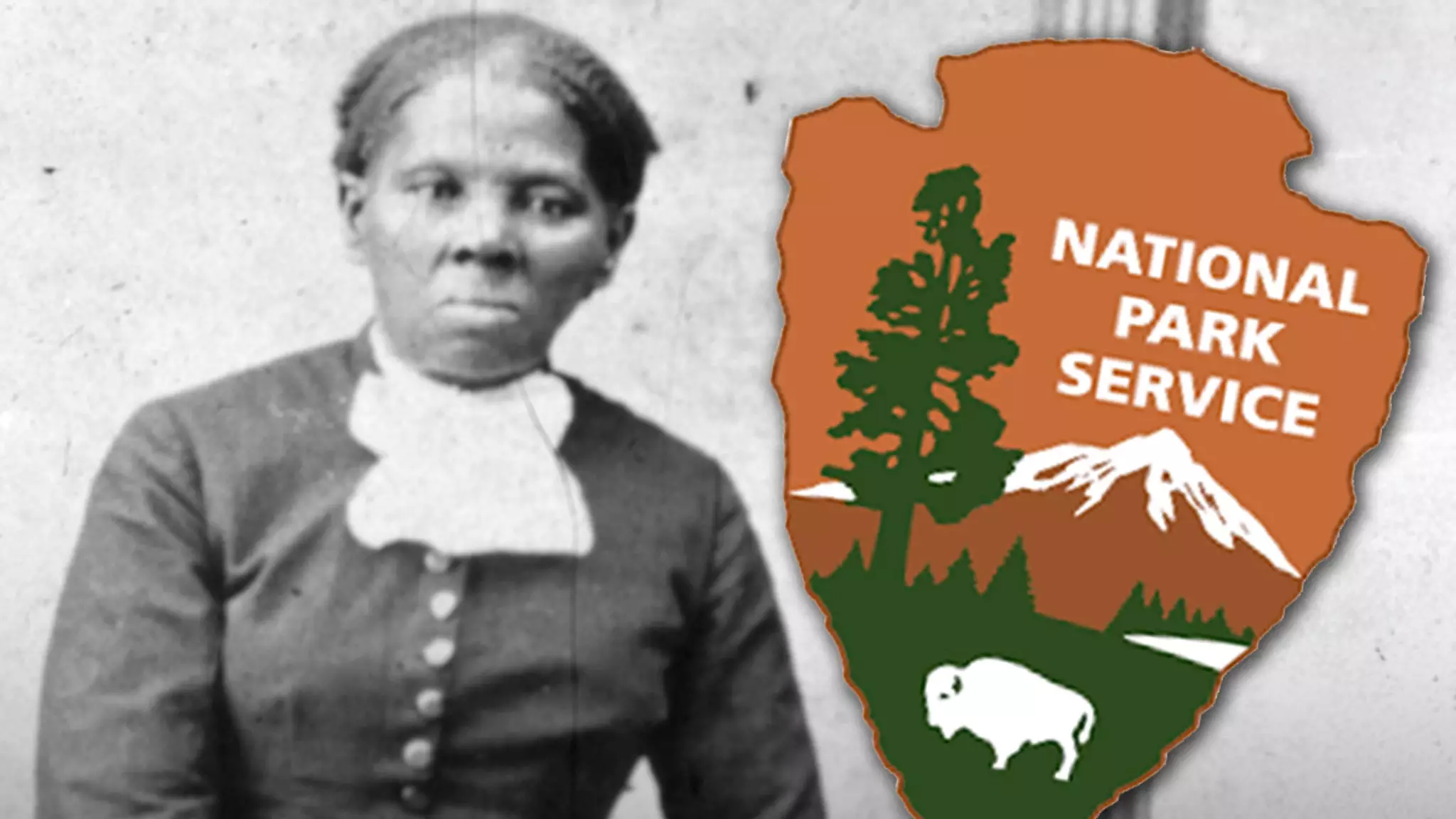The recent decision by the National Park Service (NPS) to remove Harriet Tubman’s image and impactful quotes from its Underground Railroad webpage has ignited a fierce debate about the recognition of Black history in America. The Tubman family, particularly through the voice of Rita Daniels—a relative of Tubman and an advocate for education—has publicly expressed their discontent. This incident highlights a broader trend in which the contributions of Black Americans seem to be continuously undermined in favor of a sanitized version of history. The removal of Tubman’s references was not merely an editorial change; it signifies an ongoing struggle to maintain the rightful place of Black figures in the historical narrative of the United States.
Historical Erasure and Its Implications
The edited web page not only excised Tubman’s representation but also significantly downplayed the grisly legacy of enslavement in the U.S., offering mere footnotes instead of a comprehensive picture. This whitewashing of history resonates with a concerning political climate where discussions about diversity, equity, and inclusion (DEI) are actively discouraged—an effort epitomized by President Trump’s administration. The question posed by Daniels, “Why is Black history such a threat to certain people?” digs deep into societal fears and biases that still prevail today. This is not just about Tubman or even about Black history; it becomes a commentary on our collective unwillingness to confront the shadows of our past.
Echoes of the Past: The Fight Continues
This incident recalls earlier missteps, such as the erasure of other prominent Black figures from governmental discourse, like Jackie Robinson and the Tuskegee Airmen. Each alteration, however subtle, contributes to a culture of historical amnesia that perpetuates cycles of misinformation and racism. The stark reality of racial injustice was laid bare on January 6, 2021, when insurrection unfolded—showcasing that the battle against racial prejudices and misconceptions is far from over. Yet amidst this turmoil, as Daniels optimistically notes, a new generation of allies—self-identified as “new abolitionists”—is emerging, ready to champion the cause of equality and historical integrity.
Restoration as Reparation
While the NPS has restored Tubman’s image following public backlash, the question remains whether this action can genuinely rectify the underlying issues. The restoration of Tubman’s photo is merely a surface-level fix, insufficient in addressing the systemic problems inherent in the minimization of Black history. This incident serves as a reminder of the cut-and-dry relationship between historical acknowledgment and social justice. The Tubman family’s plea, encapsulated in the cry, “Leave my great auntie alone!” intensifies the call for respect and recognition—not just for Tubman, but for the countless others whose stories have been overshadowed.
The path ahead demands resilience and a commitment to authenticity in representing the full spectrum of American history. The overriding sentiment is clear: Black history is inherently American history. The fight to uphold this truth is far from over, requiring continued vigilance and advocacy from all corners of society. As we navigate this complex landscape, it becomes imperative to ensure that voices like Tubman’s remain unaltered and are allowed to guide us toward a more inclusive and truthful narrative.

